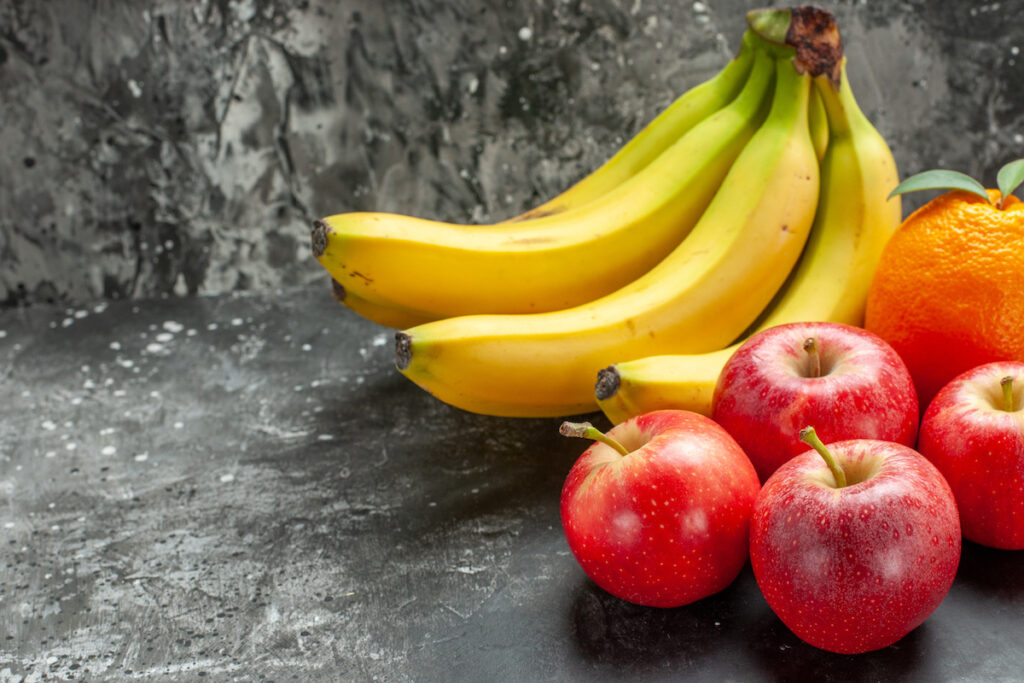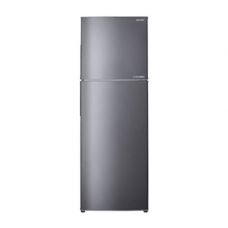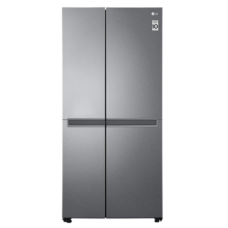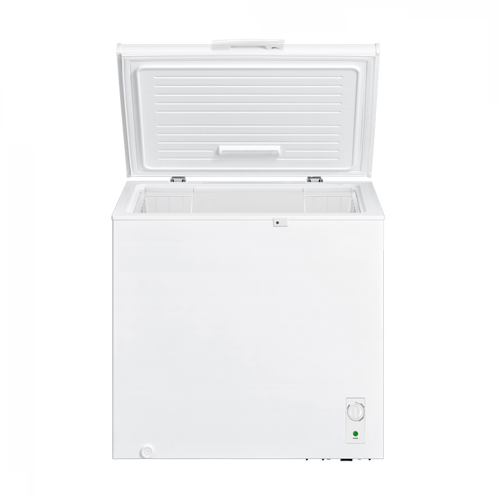
10 Foods You Should Be Freezing
Freezing food is an effective way to extend its shelf life and preserve its freshness and usability. As a result, you can reduce food waste and save money on your grocery bills. Most homes rely on a refrigerator with a freezer compartment for their freezing needs, but if you have the space, it may be best to invest in a chest freezer. Having more freezer space means you can store more food and, in some cases, even optimize the storage of your pantry staples.
Apart from ice cream and raw meats, you can stock your freezer with other foods that you and your family typically consume. You may already have these items in your cupboard or fridge, but freezing can be an even better way of storing them, as subzero temperatures stop the growth of bacteria that cause food to spoil. If you want to keep your food delicious and fresh for longer periods, consider keeping these 10 items in the freezer instead:
Bread
Buying bread in bulk is more practical than getting it per piece. It also saves you from making frequent trips to your local bakery. However, you might be worried about being able to consume the entire loaf before its expiration date, especially if you have a small household. Freezing your bread will allow you to safely eat it for up to 6 months after its production date because the cold makes it impossible for mold to grow. When you’re ready to eat, simply pop the bread into an oven or toaster, and they’ll taste just as good as when you bought them.
Cooked Grains
If you’re like many Filipinos, meals aren’t complete without rice or some sort of grain like brown rice or quinoa. But if you’re usually in a rush and don’t have time to prepare fresh rice for every meal, you can cook a big batch and freeze it. Portioning out the rice before freezing will make reheating it easier. Simply take out what you need and heat the rice in the microwave oven with a splash of water.
Milk
Milk is a popular pantry staple, but it’s also a food item that spoils very easily. Extend the shelf life of your milk by freezing it. However, before storing milk in the freezer, remove about a cup from each pack. The space allows the milk to safely expand, so the carton doesn’t burst when it freezes. Once you’re ready to use the stocked milk, bring it out and let it thaw. Then, shake the container to redistribute the fat, and the milk will be ready for consumption.
Butter
Whether you use butter to cook or to make your morning toast more delicious, stocking up on a few blocks while they’re on sale can help you save on your groceries. If you’re worried that they might go bad, simply freeze the extra butter blocks until you need them.
Bananas
When bananas get too ripe for your preference, you don’t have to rush to consume them. You can still enjoy the fruit later by peeling and freezing it. While frozen bananas can be enjoyed on their own, they are also perfect additions to smoothies and other healthy treats. You can also thaw the bananas and put them in your bread and pancake recipes.
Apples
Apples are another fruit that can be frozen to keep them fresh. If you don’t plan on eating them yet, store the apples in your freezer. Depending on what the recipes require or how you prefer to enjoy your apples, you can stock the fruit in the freezer whole, sliced, peeled, or unpeeled. This storage technique also makes food preparation quicker, as you can easily add pre-cut pieces to your recipe.
Tomatoes
With fresh produce prices rising, it’s more cost effective to buy in bulk and freeze it for later use. You don’t have to make any special freezing preparation when it comes to stocking tomatoes. Wash and dry whole tomatoes and place them into freezer-safe bags before storing. Then simply take them out when you need them. Frozen tomatoes can be used for multiple recipes, such as sauces, soups, and even salsa. They’ll taste fresher (and possibly cost less) than using pre-made tomato sauce from a packet.
Herbs
Herbs are often sold in large bunches, but they can be too much to use in a single recipe. If you want them to last longer, freeze the herbs. Do this by chopping the herbs and mixing them with olive oil. Then, fill an ice cube tray with the mixture and freeze them. When you’re ready to use the herb, simply toss a cube or two into your pot or pan.
Garlic
While it’s still safe to consume sprouted garlic, it can change the flavor and affect your recipes. If you want to keep your garlic from sprouting, keep your alliums in the freezer. You can store them as whole bulbs or individual cloves. You can also peel and chop the garlic before storing it in the freezer. This will make them easier to use and help you save time on cooking.
Ginger
Fresh ginger can be difficult to peel, but keeping it in the freezer makes the task easier. It will also help keep them usable for a long time. Since most recipes don’t need the whole ginger root, break it into several small pieces and place them in a resealable plastic bag. When you need a bit of ginger for your recipe, let the piece thaw before chopping or grating it.
Apart from the usual frozen goods, there are many different foods that you can keep in your freezer. The ability to freeze these items allows you to buy them in bulk or take advantage of good deals, lowering your food costs. With a bit of preparation, plus plenty of freezer-safe containers, you can keep them fresh for longer and avoid wasting food and money.
Related Products
- Sold Out18% Off
 [wc-ps tag="span"]Compare
[wc-ps tag="span"]CompareFEATURES:
- J-Tech Inverter Technology
- Ag+CU Nano Deodorizer
- LED Lighting
- 2-Way Fresh Room
- Twist Ice Maker
- Tempered Glass Shelves
- High Rotation Speed Compressor
- Adjustable Freezer/Refrigerator Room Shelves
- 7 Shields
- Silent Operation (36 dB)
- Extra Eco Function
Inverter refrigerators have gotten more popular in recent years for being more energy-efficient, quieter, and more durable than units equipped with regular compressors. At Savers Appliances, you can find the best ones from some of the most trusted brands in the market today, including the Sharp SJ-FTS07AVS SL Two Door Refrigerator Inverter. Save more on yours and buy from Savers Appliances now.
Original price was: ₱20,998.00.₱17,200.00Current price is: ₱17,200.00.Other Technology : InverterRefrigerator Capacity : 6cu ft. - 8.9cu ft.Refrigerator Technology : No Frost - Sold Out31% Off
 [wc-ps tag="span"]Compare
[wc-ps tag="span"]Compare- Linear Cooling
- Door Cooling
- Ultra Sleek Door
- Large Capacity
- Smart Diagnosis
- Inverter Linear Compressor
Original price was: ₱74,995.00.₱51,700.00Current price is: ₱51,700.00.Refrigerator Capacity : 18cu ft. - Up to Maximum CapacityRefrigerator Technology : No FrostOther Technology : Inverter - Sold Out20% Off
 [wc-ps tag="span"]Compare
[wc-ps tag="span"]Compare- 5.0cuft/142L Chest Freezer
- Quick Freezing via D+ Cooling System
- LED Interior Lighting
- R600a Refrigerant, Energy Efficient
- White Inner Interior, Removable Basket
- Handle With Lock, Built In Hinges
- Dimension (WxDxH) 632x550x850 mm
- Warranty: 1 year parts and labor. 5 years compressor
Original price was: ₱15,095.00.₱12,076.00Current price is: ₱12,076.00.















